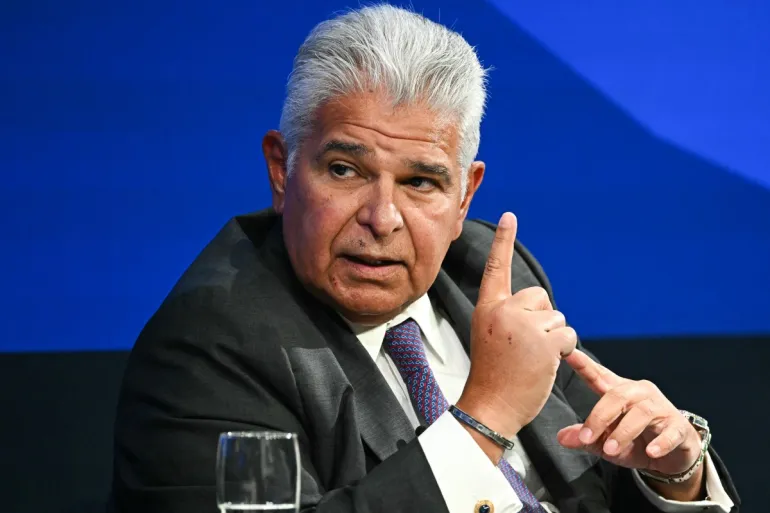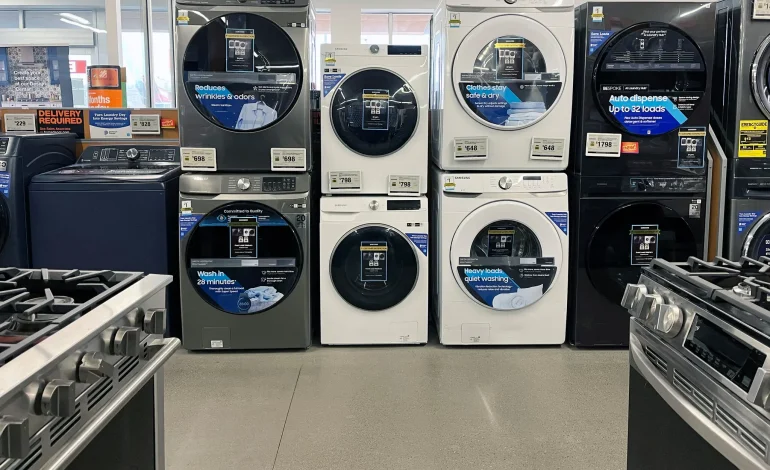The US Commerce Department announced Thursday that new tariffs will soon apply to home appliances containing steel parts, marking a rare extension of trade policy to consumer products, the New York Times reports.
The move is part of the Trump administration’s broader effort to protect domestic manufacturers and address what it describes as unfair trade practices.
Beginning June 23, imported washing machines, refrigerators, dishwashers, dryers, stoves, and food waste disposals will be subject to a 50% tariff based on the value of their steel content. The rate matches existing tariffs already in place on other steel and aluminum products.
While steel and aluminum tariffs have affected a broad range of industrial and commercial goods since President Trump first introduced them during his initial term, this announcement is among the first in 2025 to directly target items frequently purchased by American households.
The administration has defended the tariffs as necessary for national security and to shield US producers from lower-cost foreign competition. According to officials, the new measure will help level the playing field for domestic appliance manufacturers that face higher input costs due to existing tariffs on raw metals.
The move comes shortly after a decision to double tariffs on many other imported steel and aluminum items. It also builds on an earlier initiative that allowed US manufacturers to request tariffs on products made by foreign competitors using lower-cost materials.
Though inflation data released this week suggests consumer prices remain relatively stable, some economists warn that continued expansion of tariffs could drive prices up later this year. Appliance prices in particular have risen at a slower pace than general inflation, but manufacturers may eventually pass added costs on to consumers.
In testimony before the Senate on Thursday, Treasury Secretary Scott Bessent argued that the administration’s policies were helping to slow inflation.
“After four years of price increases diminishing the US standard of living, inflation is showing substantial improvement due to the administration’s policies,” he said.
Still, economic research on past tariff actions provides mixed conclusions. A study by the US International Trade Commission found that metal tariffs enacted during Trump’s first term expanded US steel and aluminum output by $2.25 billion in 2021 but also reduced output in downstream industries—such as auto and machinery manufacturing—by about $3.48 billion due to higher input costs.
Earlier tariffs on foreign-made washing machines encouraged some companies to move manufacturing to the US, but came with high consumer costs. Analysts estimated the policy created about 1,800 jobs, while adding roughly $817,000 in costs per job to consumers.










The latest news in your social feeds
Subscribe to our social media platforms to stay tuned